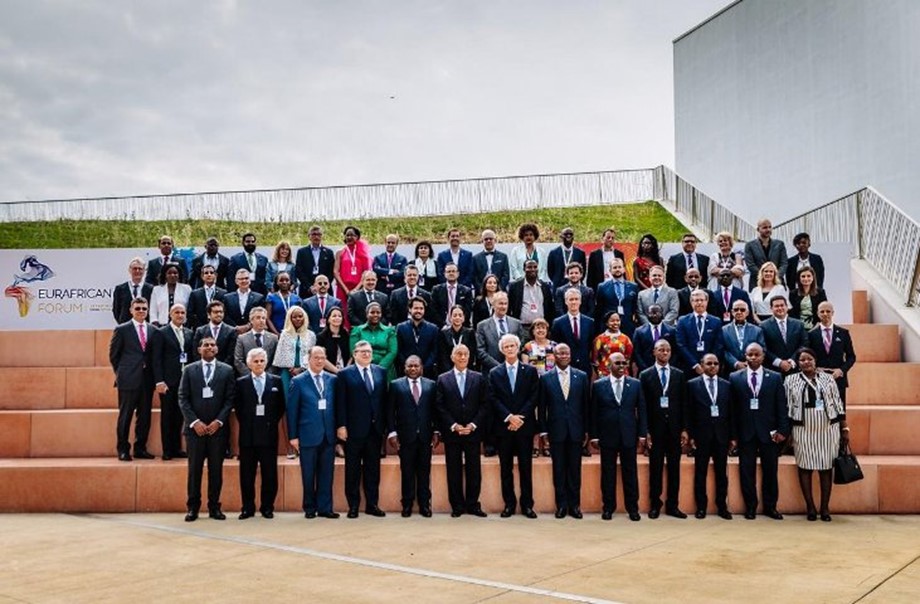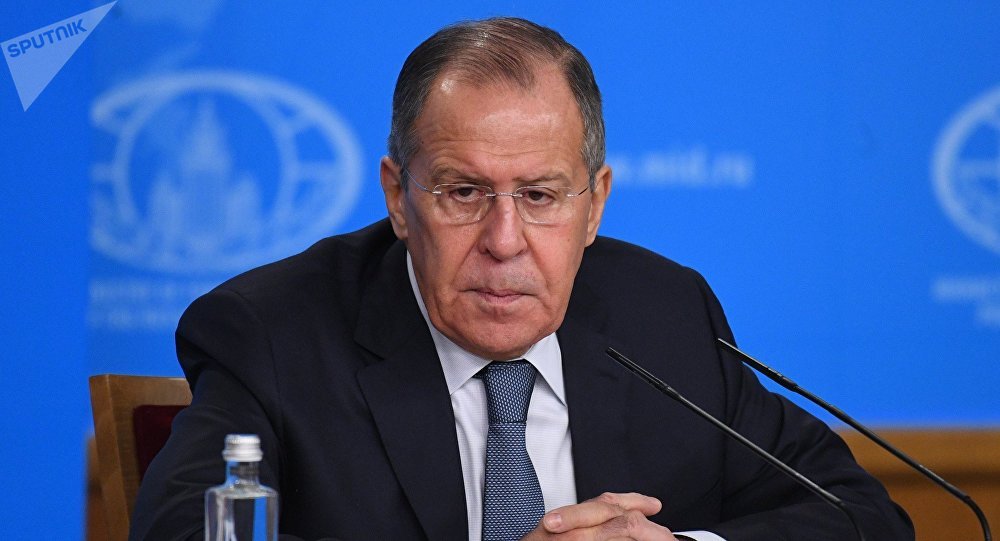EurAfrican Forum 2019 Ends on High Note
The second edition of the EurAfrican Forum 2019 that attracted over 450 participants from Europe and Africa with the theme “Partnership of Equals: Sharing Values, Sharing Prosperity” ended in Lisbon, Portugal over the week. The event which focused on creating a new approach and paradigm for the relationship between Europe and Africa, changing the narrative for both continents to create an accountable, prosperous and sustainable future together was a resounding success, say the organizers.
During the two day event, many relevant topics were brought to discussion: i) African entrepreneurs driving inclusive innovation and growth; ii) From donor-recipient towards equal participation; iii) Changing the narrative: valuing talent and diversity from migrant flows; iv) Africa: the new frontier for impact investment and innovation and v) Legacy to growth: rehabilitating the heritage, culture and tourism.
Also, four parallel breakout sessions deepened related topics, namely: rebuilding Mozambique; security, migration and talent; tools and strategies for women and youth empowerment; and EU-AF economic integration and digital infrastructure for Africa.
With contributions from over 40 international speakers, the Forum had the participation of 450 participants, from 17 European countries and 24 African countries, including the participation of His Excellency, the President of the Republic of Mozambique, Filipe Nyusi, and His Excellency, the President the Portuguese Republic, Marcelo Rebelo de Sousa.

The EurAfrican Forum is a networking and discussion platform underpinned on the power of Diasporas for connecting people, cities, regions and continents, gathering prominent and influential people that are forging enduring ties between the two continents – government officials, high profile business personalities, investors, young entrepreneurs, activists, social influencers, NGOs and media.
Hosted by the Portuguese Diaspora Council and the Municipality of Cascais, with the High Patronage of the Presidency of the President of the Portuguese Republic and the Government of Portugal, the EurAfrican Forum is led by José Manuel Durão Barroso (Chairman of the EurAfrican Forum and former President of the European Commission / former Prime Minister of Portugal) and Filipe de Botton (Chairman of the Board of Directors of the Portuguese Diaspora Council)
“The mission of the Portuguese Diaspora Council was until today to help Portugal. We think today we should go to the next step: to motivate the African countries to create their own Diaspora Councils.” so says Filipe de Botton, President of the Board of the Portuguese Diaspora Council
In his own words, the Deputy Mayor of Cascais, Miguel Pinto Luz said that sharing is actually the keyword (…) I believe in healthy competition between companies, and even between countries, but above all, I believe in people cooperating and sharing.
Koen Doens, Directorate-General for International Cooperation and Development, European Commission noted that there’s a lot of activity happening in Africa. 80% of young people want to be entrepreneurs. If we look at the dynamism of what is happening – in agritech, in fintech, in lots of issues, even in social entrepreneurship – I mean, this is incredibly important, and that is where Europe and Africa need to link up.
Explaining the importance of connecting, the Botswana Satirist Siyanda Mohutsiwa said that “we are more alike than we are different. (…) A shared imagination is one in which a collection of people from different backgrounds, who have different lived experiences, have different perspectives and ways of thinking, come together to create delusions collaboratively.
The modern world is filled unfortunately with the singular genius narrative. (…) A shared imagination is behind some of society’s greatest achievements: technology, space travel, and political ideas continue to be driven by groups of people who have the courage and faith in each other to come together and answer the question: what if…?”
On the need to address the issue of migration, Antonio Vitorino of the International Organization of Migration (IOM) said that there are two pre-requisites when it comes to the migration dialogue between Europe and Africa. The first one is building mutual trust and the second one is to have a sense of shared responsibilities between Europeans and Africans when it comes to managing migratory flows.
The next event comes up in 2020.
Kelechi Deca

Kelechi Deca has over two decades of media experience, he has traveled to over 77 countries reporting on multilateral development institutions, international business, trade, travels, culture, and diplomacy. He is also a petrol head with in-depth knowledge of automobiles and the auto industry.









